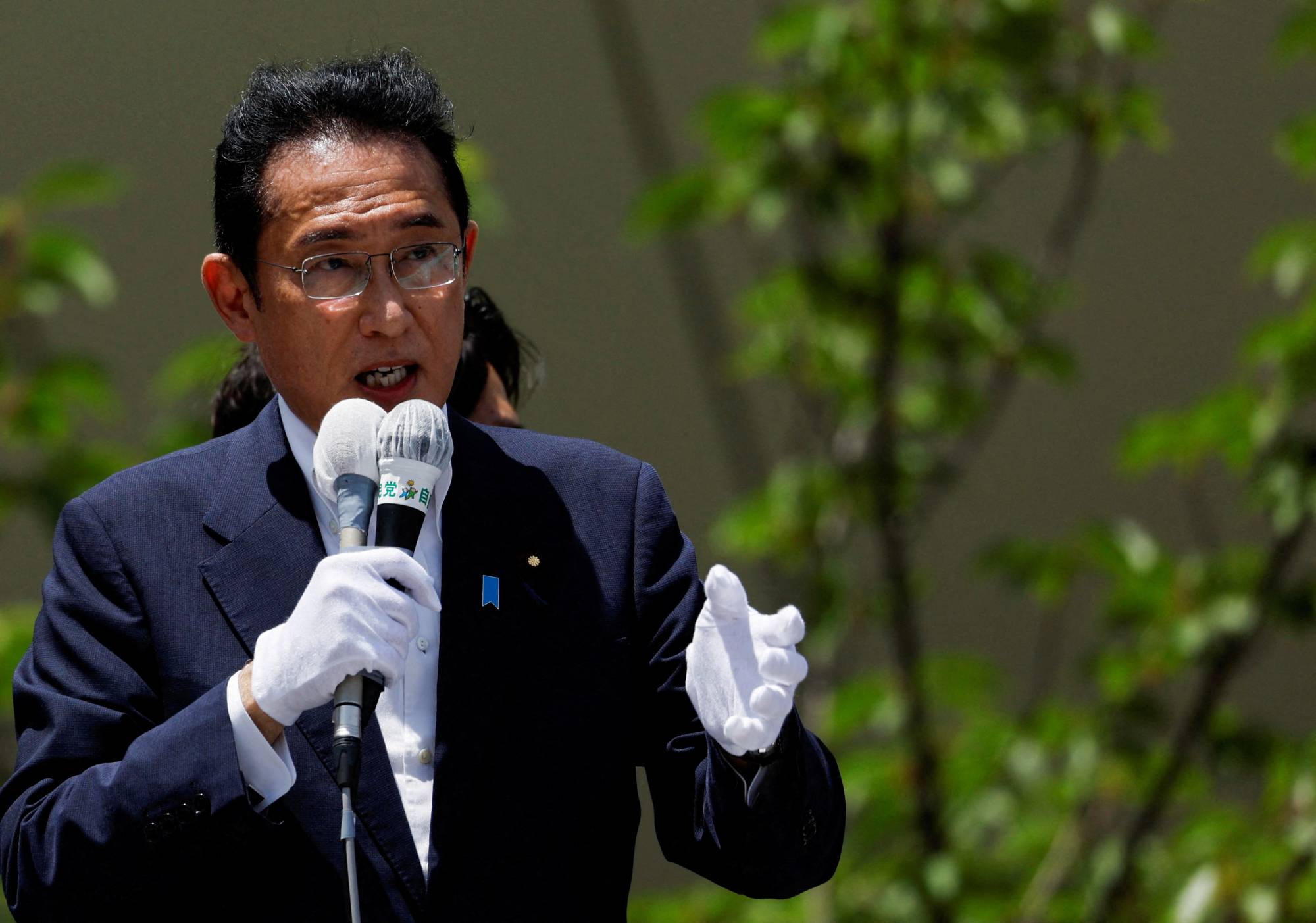With the Upper House election on July 10 now just over a week away, the latest polls forecast the ruling Liberal Democratic Party to pick up three times as many seats as their nearest rivals — signaling little jeopardy for Prime Minister Fumio Kishida in the buildup to the vote.
However, Kishida is still only nine months into his tenure. The vote is therefore more significant than it might seem at first glance, because it offers the electorate their first proper chance to pass judgment on his nascent administration.
With most observers also anticipating a convincing coalition victory, it is the margin of that victory that emerges as the most telling variable — not just in terms of Kishida’s longevity and his ability to govern unchallenged, but from the perspective of various short- and long-term policy concerns critical to the nation’s future.



















With your current subscription plan you can comment on stories. However, before writing your first comment, please create a display name in the Profile section of your subscriber account page.